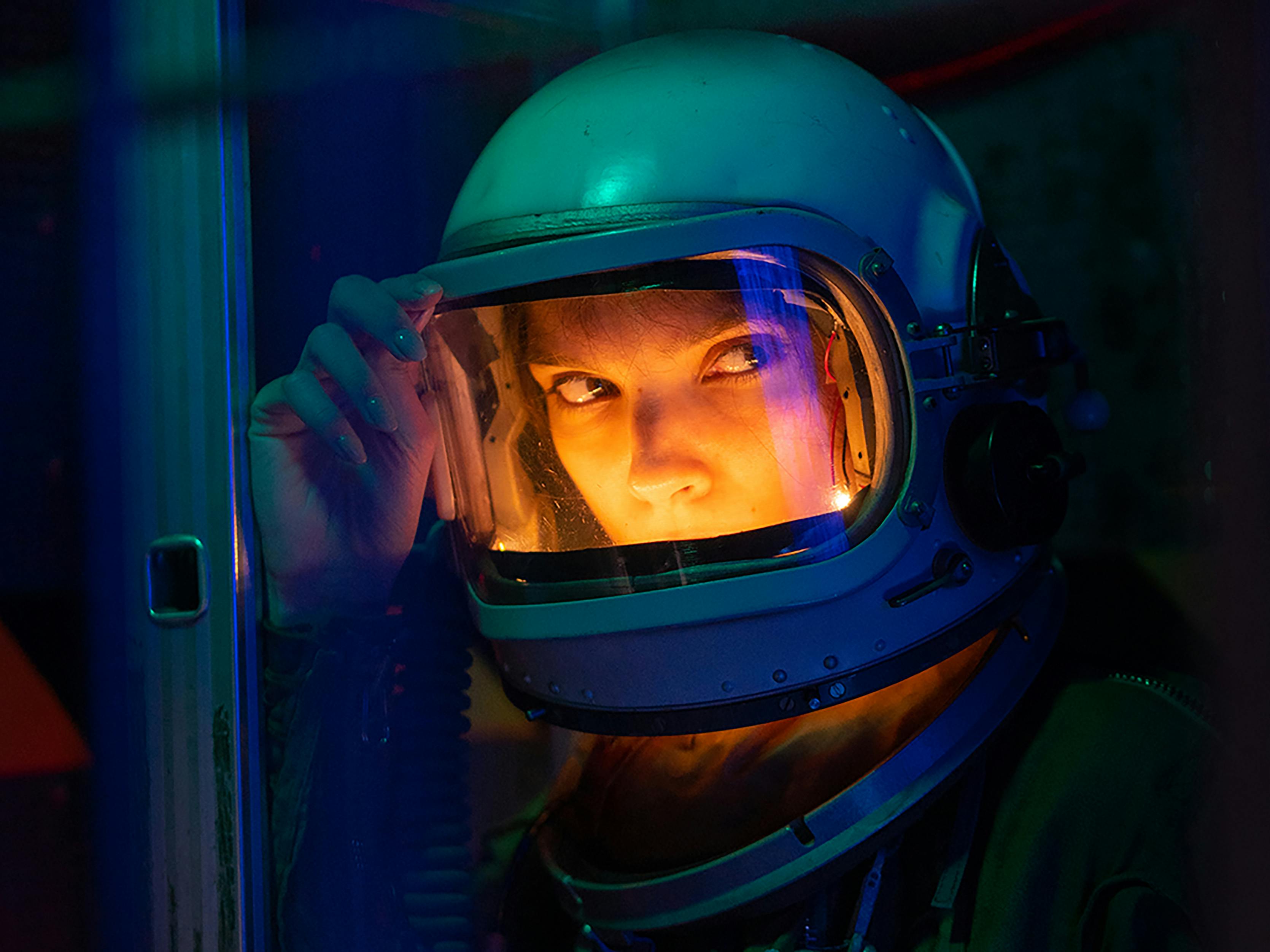
Introduction
As the world watches the stars, India has marked a significant milestone in its journey into outer space. The recent voyage of Group Captain Shubanshu Shukla, the first Indian astronaut to visit the International Space Station (ISS) aboard the SpaceX Dragon spacecraft, serves as a monumental chapter in the nation’s space narrative. This milestone is not just an achievement for Shukla but a testament to the growing aspirations of a country eager to establish itself as a formidable player in space exploration.
Shubanshu Shukla: From Gandhinagar to the Stars
Born in Gujarat, Group Captain Shukla’s ascent from a humble background to becoming a pioneering figure in the Indian Air Force is deeply inspiring. His career as a test pilot provided him with the skills necessary to push the boundaries of aerospace technology. This dedication culminated in his historic mission to the ISS – a leap that symbolizes India’s potential to soar into the cosmos.
Axiom Mission 4: The Technological Marvels
The Axiom Mission 4 is a significant endeavor that blended the prowess of NASA and SpaceX with the spirit of global cooperation. Launched from Cape Canaveral, the mission showcased the capabilities of the Falcon 9 rocket, celebrated for its reusability and precision. Group Captain Shukla’s role aboard the Dragon capsule named ‘Grace’ highlights a veritable age of 21st-century space engineering, marking the presence of Indian nationals in the most sophisticated laboratory orbiting Earth.
Equipped with advanced technology including autonomous docking systems and life-support infrastructures, the Dragon spacecraft represents the frontiers of modern aerospace technology. Shukla’s journey was not just a comfortable ride; it positioned him at the intersection of practical space exploration and theoretical research, benefiting India’s own future missions.
India’s Contribution to Scientific Research in Microgravity
Upon arriving at the ISS, Shukla embraced a role that extended beyond mere observation. Collaborating with renowned researchers from NASA and the Indian Space Research Organization (ISRO), he embarked on crucial microgravity experiments. These studies aim to understand how microgravity affects various biological processes, particularly with food microbe growth—key to sustaining life during long missions.
Another essential area of research focuses on how astronauts interact with technology in zero-gravity environments. This insight will play a critical role in developing future spacecraft, making the findings from Shukla’s studies invaluable to the upcoming Gaganyaan mission.
The Gaganyaan Mission: India’s Own Space Adventure
The Gaganyaan mission represents a pivotal point in India’s space ambitions—to send Indian astronauts into low Earth orbit on indigenous technology. Although progress has faced delays due to unforeseen challenges, including the pandemic, each step forward in missions like Axiom 4 provides critical knowledge to propel the Gaganyaan mission forward.
Insights from Shukla’s Experience at the ISS:
- Astronaut Training: The rigorous training and preparation required for astronauts was vividly illustrated through Shukla’s experiences.
- Life Support Systems: Demonstrating how life support systems function in space will inform ISRO’s technologies for future missions.
- Troubleshooting in Space: The ability to diagnose and resolve systems issues in real-time is a skill that Shukla honed during his stay at the ISS.
ISRO’s ongoing work on environmental control and life-support systems (ECLSS) for the Gaganyaan mission benefits profoundly from Shukla’s insights, contributing to a more practical approach toward sustainability in space.
India’s Ambitious Space Agenda
With successful missions such as Chandrayaan-3 and Aditya-L1 already under its belt, India’s roadmap for the future is bold and inspiring. Upcoming projects include:
- Chandrayaan-4: India’s first lunar sample return mission, aiming to explore and bring back materials from the Moon.
- Indian Space Station: Plans for a conceptual Indian space station by 2030, elevating India’s capabilities in space research.
- Advanced Robotics and Navigation: Development of autonomous docking technologies and advanced robotics to support future missions.
Shukla’s expedition signifies a fundamental step toward achieving these ambitious goals. His contributions on the ISS will undoubtedly play a role in shaping the future of space technology in India.
Rise of India’s Private Space Sector
As ISRO leads the governmental aspect of space exploration, India’s private sector is rapidly emerging as a vital player, fostering innovation and enhancing competition. The collaboration demonstrated during the ISS missions showcases the potential of government-private partnerships in achieving miraculous advancements in technology.
- Skyroot Aerospace: Currently testing reusable rocket technologies, echoing a global shift toward sustainability in spaceflight.
- Agnikul Cosmos: Specializing in mobile launch pads and 3D-printed engines, contributing to the evolution of launch infrastructure.
- Pixxel: Developing hyperspectral imaging satellites, promising cutting-edge solutions for agriculture and resource monitoring from space.
With state support from initiatives like the Indian National Space Promotion and Authorization Center (IN-SPACe), these startups are not just potential suppliers but future competitors in international missions.
Conclusion: A Nation Reaches for the Stars
The historic mission of Group Captain Shubanshu Shukla has inspired a renewed sense of purpose among the Indian populace. His remarkable journey to the ISS is reflective of the collective ambition of a nation on the verge of redefining its place in the cosmic narrative.
Shukla’s mission has not only positioned India as a vital collaborator in international space efforts but has also encouraged domestic enterprises and scientists to push the envelope of what is achievable. The insights gained during this expedition are paving the way for a future where the skies are not the limit but merely a stepping stone toward even greater endeavors.
The countdown may have reached zero, but for India, the mission continues. With each step taken, India inches closer to its dreams of further exploration, innovation, and leadership within the vast universe.
